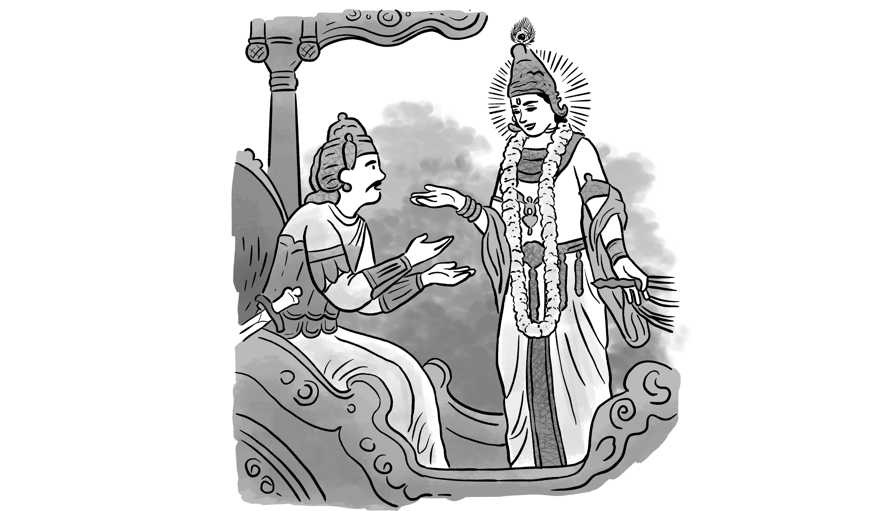There is a tide in the affairs of men,
Which taken at the flood, leads on to fortune;
Omitted, all the voyage of their life
Is bound in shallows and in miseries.
On such a full sea are we now afloat,
And we must take the current when it serves,
Or lose our ventures.
— Julius Caesar, Act 4, Scene 3, Lines 218 – 224
Shakespeare must have had Agile in mind when he wrote these lines! For, they fit the context of Agile beautifully. He must have certainly read PM Power’s book The Five Tantras of Enterprise Agility.
Agile is about Opportunity
This is what the first Tantra of Enterprise Agility talks of: Customer Focus. Agile development teams must be aware of and aligned with their customer’s business. Their customer, with their help, must be able to take advantage of every opportunity in the market, before their competition can. There is only a small window of time and if the customer is not able to launch their new products in the high tide of opportunity, they will be stuck in the shallows. Agile teams must lead customers to their fortune.
Agile is about coming together
The second Tantra talks about self-organisation. The army of developers must self-organise to beat the enemy – competitors of their customers; like Brutus’s army ready to take on Octavian’s and Antony’s forces.
Agile is about Leadership
The third Tantra talks of Transformational Leadership. Brutus is pointing out to Cassius (and through him to his army) the goal. It is then for them together to go into battle against their enemies. A true transformational leader will set the goal with his team and then together march towards it: towards providing the customer with continuous value.
Agile is about taking chances
Experiment and Learn: that is the fourth Tantra. Unless you take chances and experiment when opportunities present themselves – that is, put out the ship when the tide is high – your customer will never be able to forge ahead and be the number one, ahead of their competitors.
Agile is about eliminating wastes
The fifth Tantra is Lean Thinking. Eliminating wastes of both omission and commission is important. If the ship is not launched when the tide is high, if the customer is not able to grab an opportunity when it presents itself, it is a waste of omission. These need to be eliminated.
So as Brutus says, when you are afloat on a full sea, you must take the current when it serves, or lose your ventures.






One Response
Its a powerful reference from this great play! Thanks Paramu.